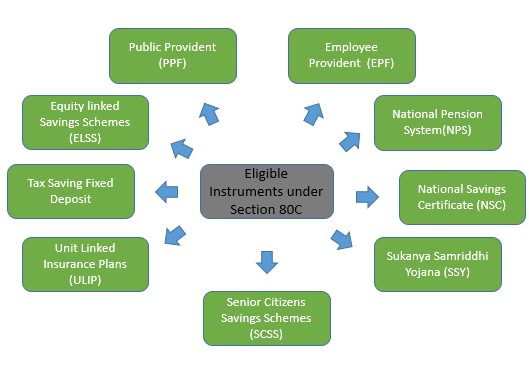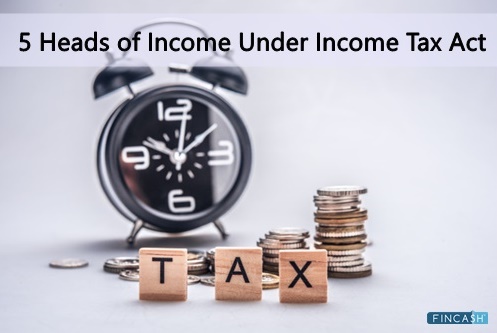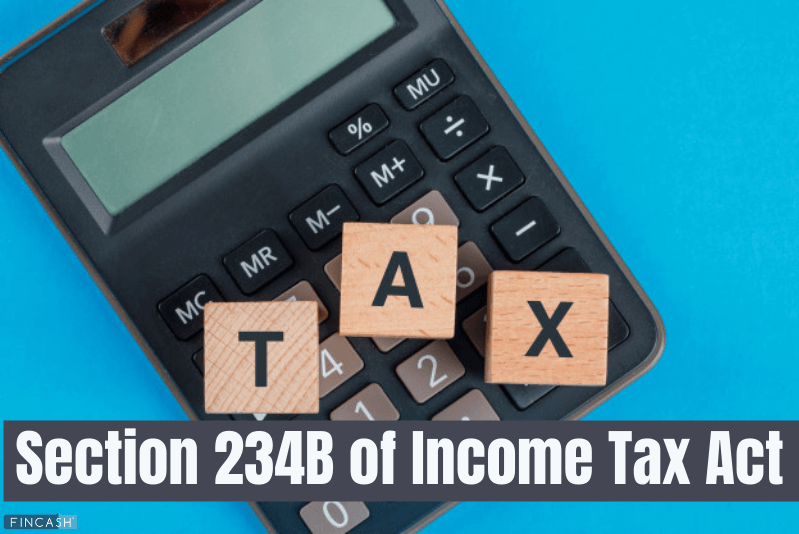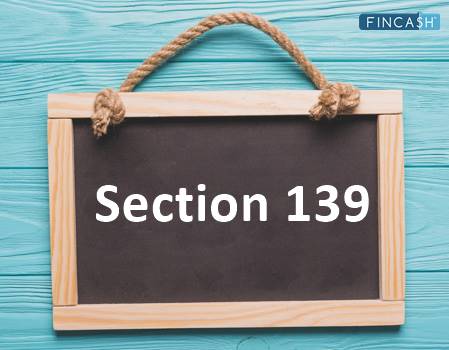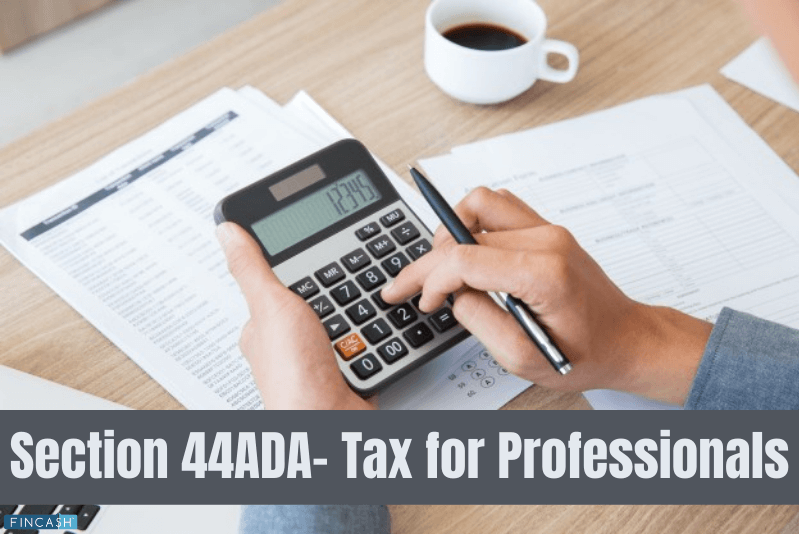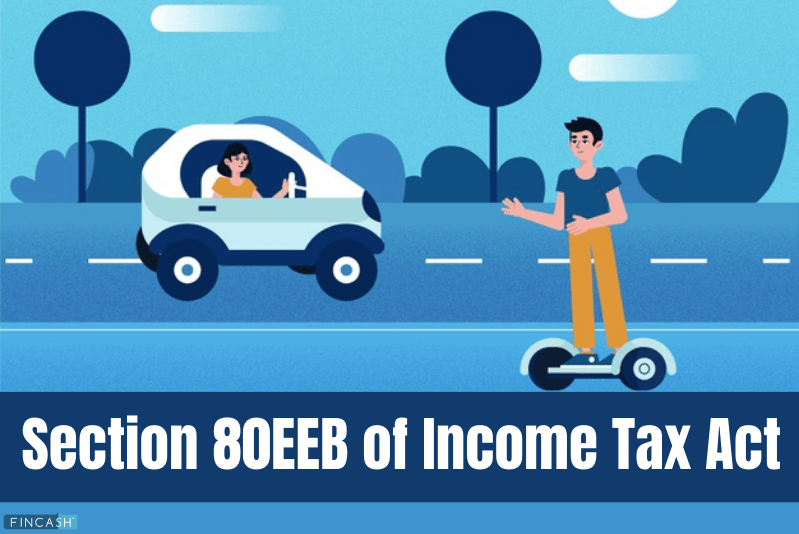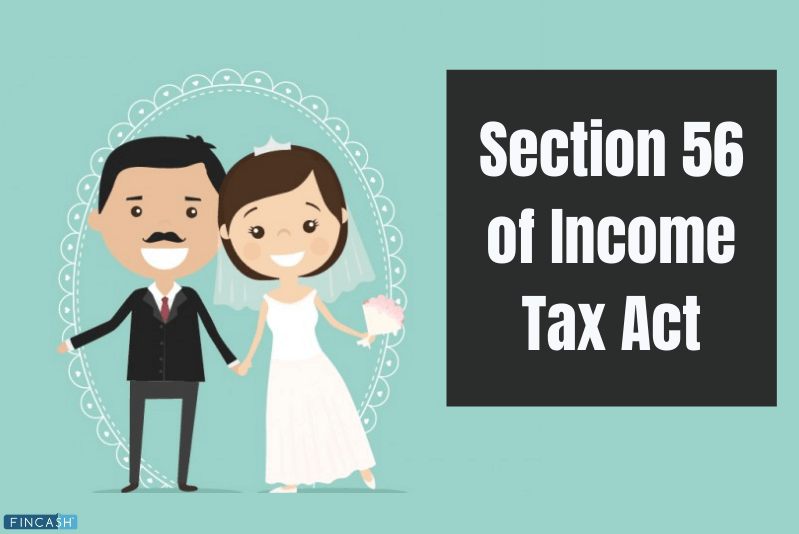
Table of Contents
All About Section 54 of Income Tax Act, 1961
The Section 54 deals with taxable Income on the sale of the property. But before we get into the specifics of the section, let us take a look at a Capital asset and its types.
What is Capital Asset?
Under the income tax Act 1961, Section 2 (14), capital assets are any kind of property held by a person related to business use or otherwise. These assets include properties that are movable or immovable, fixed, circulating, tangible or intangible. Some of the most popular capital assets are Land, car, building, furniture, trademarks, patents, plant and Debentures.
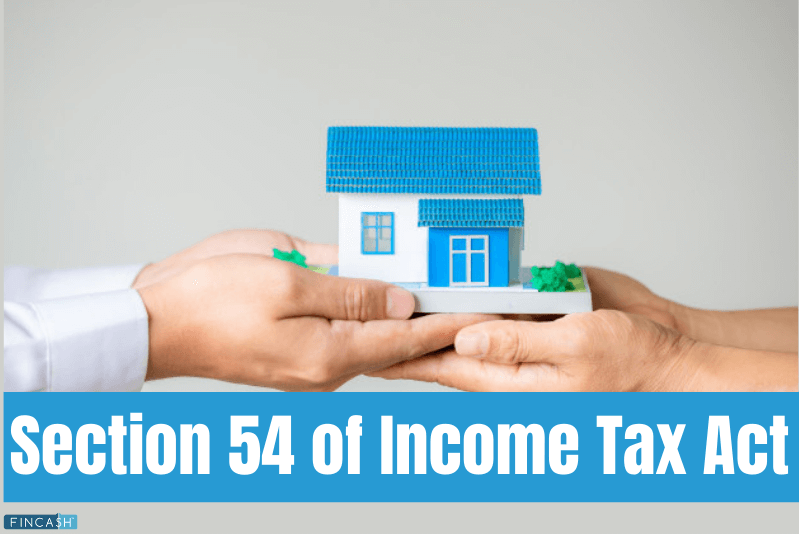
If you sell a residential house, the sales capital asset and the profit you have earned also gets taxed under the definition of a capital asset.
The Income Tax Act classifies capital assets and gains in the following categories:
- Short-term
- Long-term
Difference Between Long-Term and Short-term Asset
Long- and short-term assets are classified on the Basis of the time period after purchase to before being sold. Assets held for less than 3 years are considered as short-term assets. Assets held for 3 years or more are long-term assets.
Short-term capital assets, give the seller short-term capital gains in case of transfer, whereas long-term capital assets provide long-term gains when transferred.
Benefits of Long-term Capital Asset
One of the biggest benefits of a long-term capital asset is the beneficiary will be eligible for indexation. Also, few exemptions under the income tax act are eligible only for long-term capital assets.
Indexation is related to the cost Inflation index. The indexation benefit is the Acquisition Cost (purchase price) of the asset and becomes ‘Indexed Cost of Acquisition’.
Exemption Criteria Under Section 54
The exemption criteria under Section 54 is applicable to an individual or hindu undivided family (HUF) selling a residential property. They can gain exemption from capital gains if the same is invested in the purchase or construction of a residential property.
Other taxpayers like LLPs, partnership firms cannot gain exemption under Sec 54. The provisions for exemption criteria are mentioned below:
1. Long-Term
The asset must be classified as a long-term asset. If the asset sold is a residential house, then the income from such a sale will be chargeable as Income from house property.
2. Time Period
The seller of the residential property should purchase the house 1 year before the date of sale/transfer or 2 years after it. If the seller is constructing a house, then the seller will have an extended time period.
This means the seller will have to build the residential house within three years from the date of the sale/transfer. The period of acquisition will be determined on the basis of the date of Receipt of compensation.
Talk to our investment specialist
3. Location
The residential house should be in India. The seller cannot buy or purchase a residential property abroad and claim the exemption.
Note: These are the main criteria for exemption. If the seller fails to meet even one of these criteria, he or she will not be able to avail the benefit of the exemption.
With the assessment year 2020-21, a Capital Gain exemption is available for the buying of two residential houses in India. The exemption is subject to capital gain not going above Rs. 2 crores. Remember, that the seller can avail this exemption only once in a lifetime.
Example of Exemption Under Section 54
Example 1
Gautam sells his residential house for Rs. 30 lakhs. After selling the house, he purchased another house for Rs. 20 lakhs in January 2016 from the proceeds of the previous sale.
Therefore, the capital gains will be calculated as below:
| Particulars | Description |
|---|---|
| Capital Gain on Transfer of House | Rs. 30 lakhs |
| Purchase of new house | Rs. 20 lakhs |
| Balance | Rs. 10 lakhs |
The amount of exemption is the lower of the long-term capital gain from the transfer of residential house or investment done in purchasing or constructing a new residential house property. Note that the balance of capital gains is taxable.
Therefore, in the example mentioned above, the exemption is Rs. 20 lakhs since it is lesser than the capital gains.
When a house is sold, the profit is called capital gains. If the new house Gautam purchases is sold within 3 years from the date of purchase or construction, the acquisition cost will be NIL. Therefore, there will be an indirect increase in taxable capital gains.
In this case, refer to the table mentioned below to understand:
The balance of the taxable gain is Rs. 10 lakhs as mentioned above. Gautam sold the new property for Rs. 40 lakhs in December 2019.
| Particulars | Description |
|---|---|
| New Sale | Rs. 40 lakhs |
| Acquisition Cost | Nil |
| Taxable Capital Gain | Rs. 40 lakhs |
Since the new house was sold within three years from the date of purchase, the acquisition cost is NIL.
Example 2
Yuvraj sells his residential property for Rs. 30 lakhs in January 2015. He purchases a new residential house for Rs. 50 lakhs.
In December 2017, he sold the new property for Rs. 52 lakhs. Based on capital gains, take a look at the table mentioned below:
| Particulars | Description |
|---|---|
| Capital Gain on sale of house | Rs. 30 lakhs |
| Investment to purchase new house | Rs. 50 lakhs |
| Balance Taxable Gain for 2015-16 | Nil |
| Particulars | Description |
|---|---|
| Sale of New property | Rs. 52 lakhs |
| Acquisition Cost | Rs. 20 lakhs |
| Balance- Taxable Capital Gains for FY 2016-17 | Rs. 32 lakhs |
Note the amount of acquisition cost is based on the calculation of the property being sold within three years.
| Particulars | Description |
|---|---|
| Acquisition Cost | Rs. 50 lakhs |
| Capital Gains claimed on earlier sale | Rs. 30 Lakhs |
| Cost of the new purchase (for consideration) | Rs. 20 lakhs |
Conclusion
Fulfil all the necessary exemption criteria and enjoy the tax exemption benefits under Section 54.
All efforts have been made to ensure the information provided here is accurate. However, no guarantees are made regarding correctness of data. Please verify with scheme information document before making any investment.
